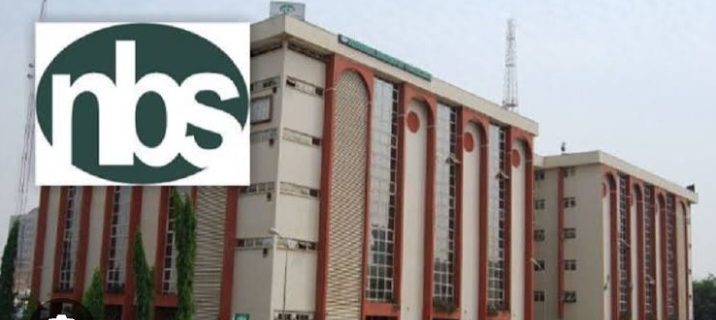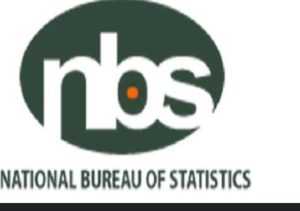National news
NBS Data: November Inflation Highlights Sharp Increase in Cost of Living

Nigeria’s headline inflation rose to 34.60% in November 2024, marking a significant surge in the costs of goods and services across the country.
EkoHotBlog reliably gathered that to the latest Consumer Price Index (CPI) data released by the Nigeria Bureau of Statistics (NBS), represents a 0.72% increase from 33.88% in October.
The sharp rise in inflation is primarily driven by escalating food prices, which continue to exert significant pressure on Nigerian households.
On a month-on-month basis, the headline inflation rate showed a marginal slowdown, standing at 2.638% in November, compared to 2.640% in October.
Editor’s Pick
- Man Seeks Justice After Being Shot By Stray Police Bullet
- Seduction Goes Wrong as Woman Lands In Court for Sneaking into Man’s House
- Alarming! North West Region Top List As NBS Releases Crime Incident in Nigeria
While this indicates a slight deceleration, it still highlights the persistent upward trend in prices.
The year-on-year increase in inflation underscores the ongoing strain on consumers, with the cost of living steadily climbing.
Food inflation has been particularly pronounced, reaching 39.93% in November 2024, up from 32.84% during the same period the previous year. Prices for staple foods such as yam, rice, maize, and palm oil have surged significantly, contributing to this increase.

On a monthly basis, food inflation rose by 2.98% in November, slightly higher than the 2.94% recorded in October. The rising cost of items such as fish, rice, dairy products, and meat continues to impact households across the country.
The twelve-month average food inflation rate for November 2024 stands at 38.67%, representing an 11.58% increase from the previous year’s 27.09%. This sharp rise in food inflation has particularly affected states like Sokoto, Yobe, Kebbi, and Bauchi, where rural and urban households are struggling with food insecurity and high living costs.
In states such as Gombe, Sokoto, Abia, Kano, and Zamfara, food inflation remains the dominant factor driving up the cost of living.
Security challenges, supply chain disruptions, and increased transportation costs have all exacerbated the situation. For example, in Sokoto, food inflation reached 51.3%, while in Yobe, it stood at 49.69%.
Meanwhile, non-food items, such as housing, utilities, and transportation, are also contributing to inflation, especially in states like Bauchi, where the all-item inflation rate is as high as 46.2%. This indicates a broader cost of living crisis affecting essential goods and services across Nigeria.
Further Reading
- Honda and Nissan Discuss Merger to Compete With Tesla
- Oyo State to Implement 80,000 Minimum Wage by Janua
- Farounbi Urges PDP in Oyo to Boost Visibility Ahead of Future Elections
Overall, the rising inflation has left many Nigerian households grappling with decreased purchasing power and growing financial hardship, with no clear end to the upward trajectory in sight.
Click Here For Video of The Week
Advertise or Publish a Story on EkoHot Blog:
Kindly contact us at [email protected]. Breaking stories should be sent to the above email and substantiated with pictorial evidence.
Citizen journalists will receive a token as data incentive.
Call or Whatsapp: 0803 561 7233, 0703 414 5611


















You must be logged in to post a comment Login